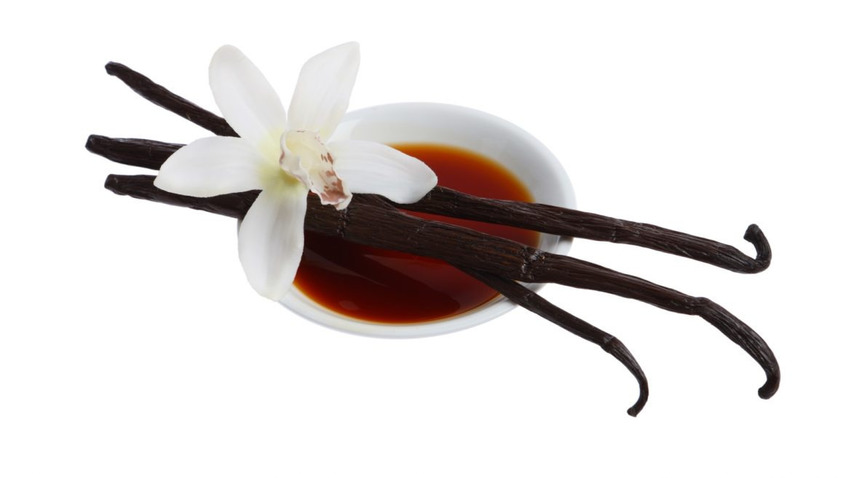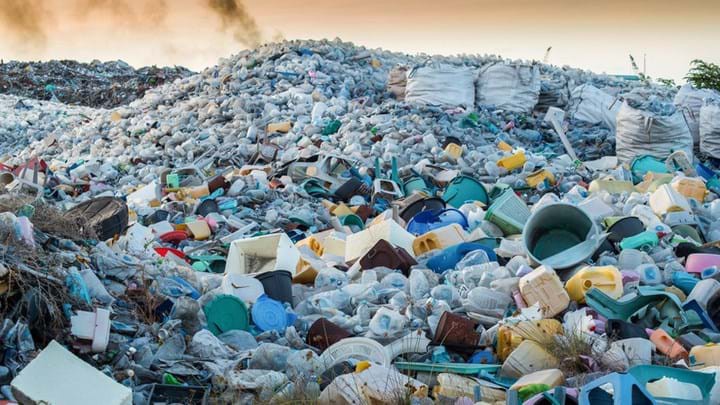Plastic waste is a global problem. To limit this situation, scientists have found a way to quickly turn plastic waste into vanilla flavor.
Today, vanilla is present in every corner of life, especially in a variety of foods, cosmetics, pharmaceuticals, hygiene products and even herbicides. The demand for vanilla is increasing dramatically. dizzy.
According to research published June 10 in the journal Green Chemistry, in 2018, global consumption of vanilla was about 40,800 tons (37,000 tons) and is expected to increase to 65,000 tons (59,000 tons) by 2025. This data leads to a serious imbalance between the demand for vanilla and the supply of raw materials. Therefore, scientists had to find a new method of producing vanilla.
Recent experiments have helped researchers discover that plastic waste holds great potential in the production of synthetic vanilla. By converting plastic waste into vanilla, scientists have succeeded in solving the demand for vanilla while also solving the problem of environmental pollution caused by plastic waste globally.

Plastic bottles made from polyethylene terephthalate will be broken down into basic subunits called terephthalic acid. Two researchers at the University of Edinburgh in Scotland used genetically engineered bacteria E. coli to convert terephthalic acid into vanilla. The researchers discovered the similar chemical structure of terephthalic acid and vanilla, so they mixed the genetically modified bacteria with terephthalic acid and incubated them at 98.6 degrees Fahrenheit (37 degrees Celsius) for one day. The results were really surprising as up to 79% of terephthalic acid was converted to vanilla.
This research has brought a new revolution in food technology and also a breakthrough in the problem of global waste treatment when: “The plastic waste crisis has been recognized as one of the biggest problems in the world. The most pressing environmental problem facing our planet at this time. About 1 million plastic bottles are sold every minute around the world and only 14% are recycled. The things that are recycled just stop at making clothes or industrial carpets…”. So the researchers hope to soon improve the source of beneficial genetically engineered bacteria to convert more terephthalic acid into vanilla in the future.

Talking about plastic waste, environmental researchers also said that plastic waste is difficult to decompose in the natural environment. Each type of plastic has a different number of years of decomposition with a very long time, hundreds of years, sometimes up to thousands of years. For example, plastic bottles decompose after 450 – 1000 years; straws, bottle caps will decompose after 100 – 500 years; toothbrushes decompose after 500 years…
Plastic waste that is not handled properly will directly affect the air and water environment: When burning plastic waste, it will produce toxic dioxins, furans, causing air pollution, poisoning, affecting the environment. to endocrine glands, reduce immunity, cause cancer. Animals that eat plastic waste can die, leading to the risk of extinction, causing ecological imbalance.
When burying, plastic waste will make the soil unable to retain water and nutrients and prevent oxygen from passing through the soil, causing adverse effects on plant growth. Furthermore, it can contaminate water sources, causing the death of beneficial microorganisms that live underground. Plastic waste causes “white pollution” in tourist destinations, affecting people’s rest and relaxation space.
